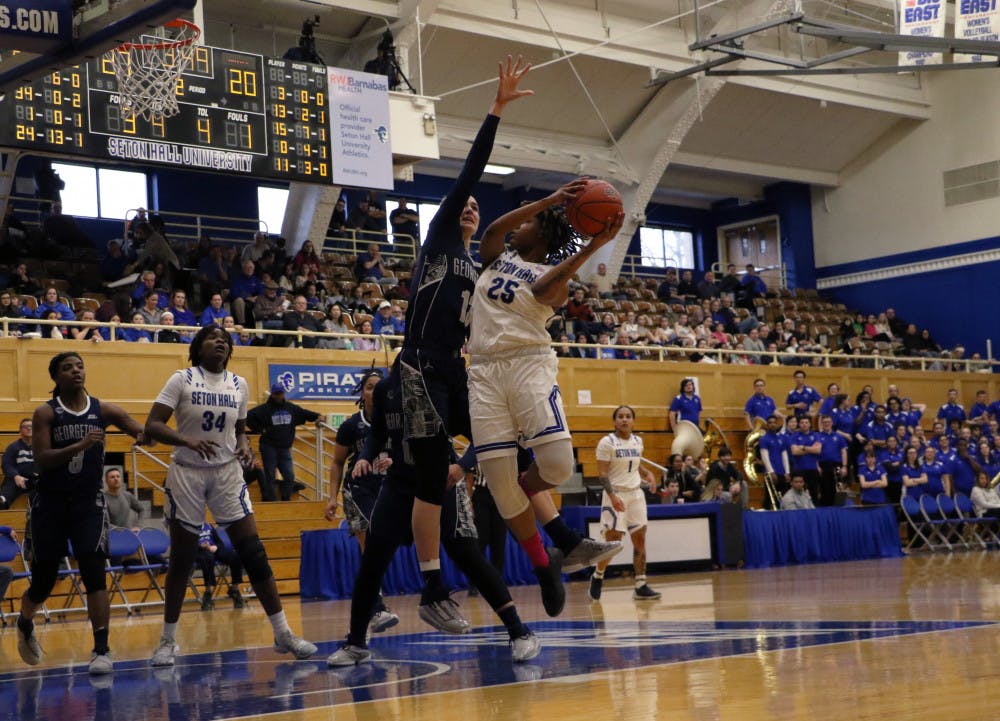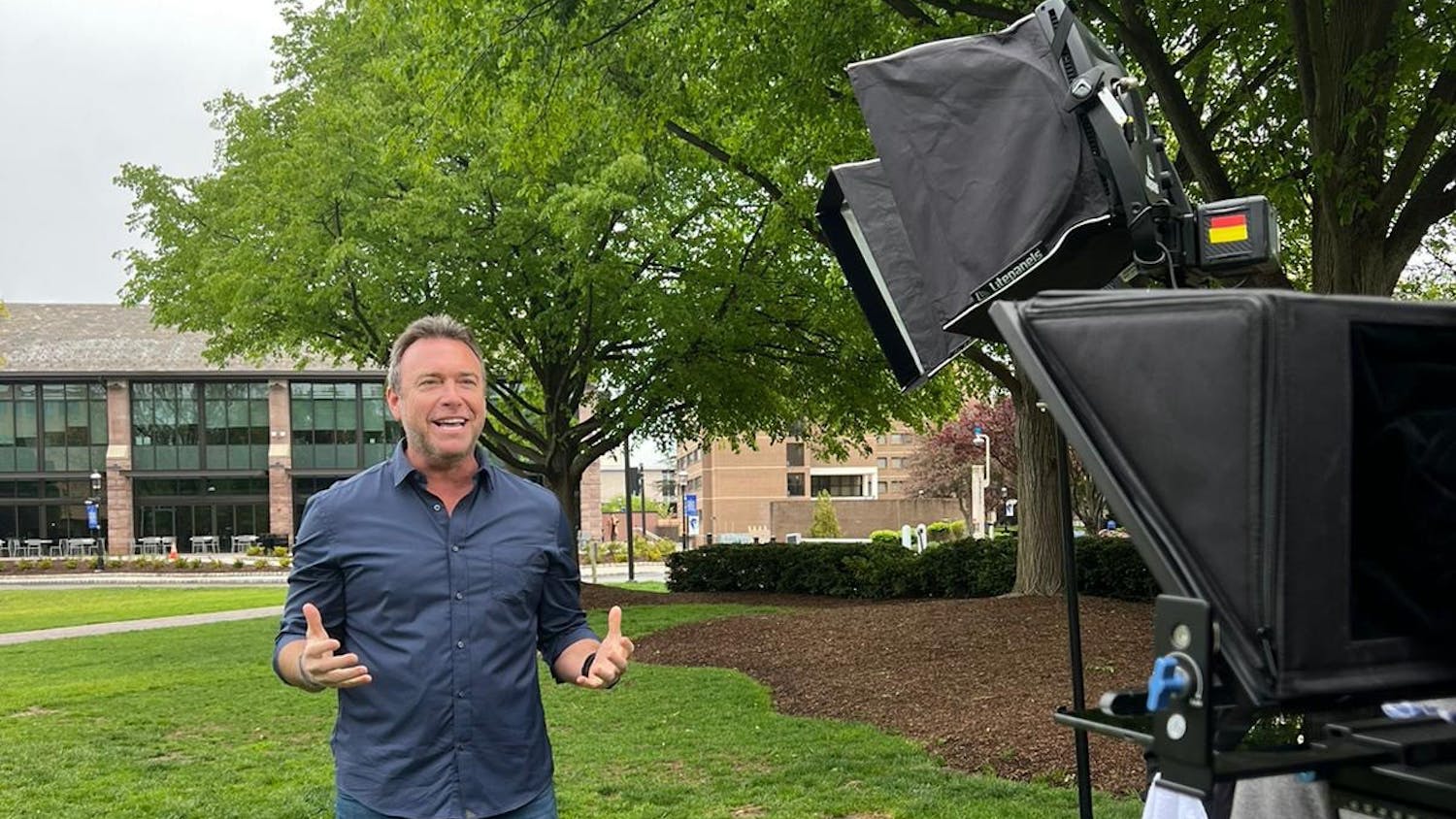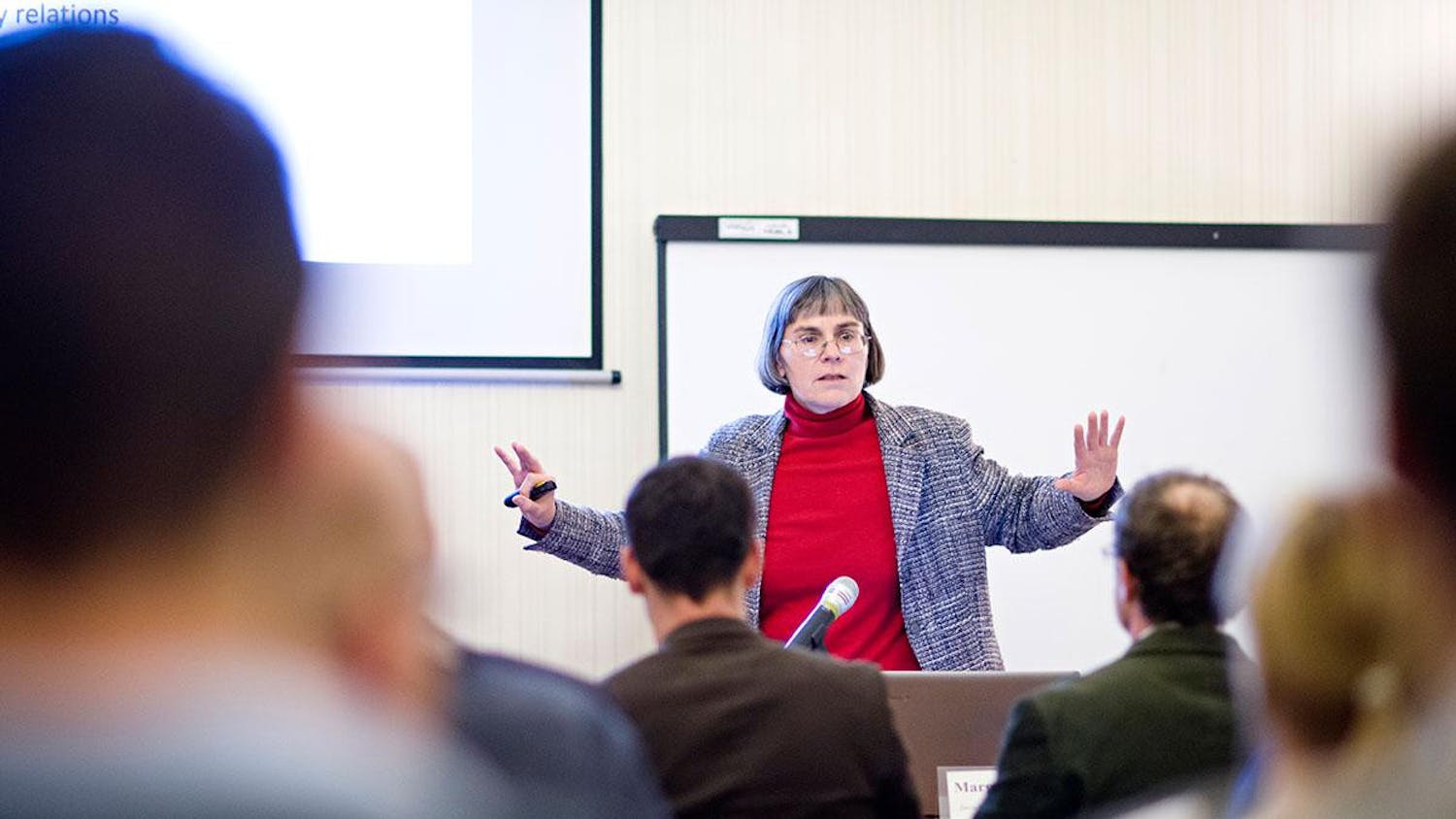Fall registration is underway, and students are flocking to RateMyProfessor.com for guidance on which professors to select for next semester.
The website allows students to leave comments about professors at any time and rank them on a scale of one to five in five categories: easiness, helpfulness, clarity, student interest level prior to attending the class and use of the textbook in the course.
Seton Hall has 1,059 professors listed on the website, with an average student satisfaction of 3.3 out of 5. While the website is monitored to prevent profanity and libel, it does not prevent, for instance, a student from writing several negative reviews to plummet a professor's ranking.
Sulie Chang, professor of biological studies, has an overall quality of 1.4 out of 5 on the website, but said that many of the negative ratings written about her were on courses she never taught. She said she often receives positive feedback from her students and did not find out about the website's criticism until concerned students showed her in 2006.
"The damage done to my reputation – it's disgusting." Chang said. "It's so sad."
Chang said that students should be wary when reading the website, since they are not held accountable for their comments.
"That damage does not affect my funding, my research reputation, my teaching… it just scares students who could come to me for my support," Chang said.
Stephen Kelty, professor of chemistry, agreed that the site is not a reliable indicator of a professor's teaching abilities.
"There seems to be very few reviews posted for faculty at top tier institutions. I interpret this to mean that students at those institutions have an agenda which does not allow much time to spend on websites like this one," Kelty said.
Kelty said he has not looked at the site in the past ten years and "the reviews (good or bad) have no impact whatsoever."
Christopher Hanifin, director of the Department of Clinical Education and professor in the physician-assistant program, is the highest ranked professor at Seton Hall, with a 5.0 overall quality from 17 ratings. He finds the site a valuable forum for criticism and checks the site occasionally.
"We grade students, so it's appropriate for them to grade us. Feedback is important any way you get it," Hanifin said. "It's important for faculty to realize that students have good ideas too."
Hanifin also has the site's infamous red chili pepper, which indicates that raters find the professor "hot."
"Being a bald guy approaching middle age, the ‘chili pepper' criteria are somewhat mysterious to me," Hanifin said.
Susan Teague, professor of psychology, also has a chili pepper.
"No doubt it would be more meaningful to be recognized for my intellectual abilities more so than for my appearance, but I suppose I'd rather have them than not," Teague said.
Teague said that students must consider where the ratings are coming from when looking through the site. Advising from her research in psychology, Teague said that ratings will often come in extremes.
"Students don't usually bother to rate a professor unless they think he or she is the absolute greatest, or if they have an ‘axe to grind,'" Teague said. "In other words, pretty much only those who love you or hate you will contribute info to the website. This can easily produce a biased impression."
Whether an accurate source of information or not, RateMyProfessor.com will, no doubt, have some influence over students' decisions during the Fall and Summer 2011 registration process.
Kevin Stevens can be reached at kevin.stevens@student.shu.edu & Erin Bell can be reached at erin.bell@student.shu.edu.





